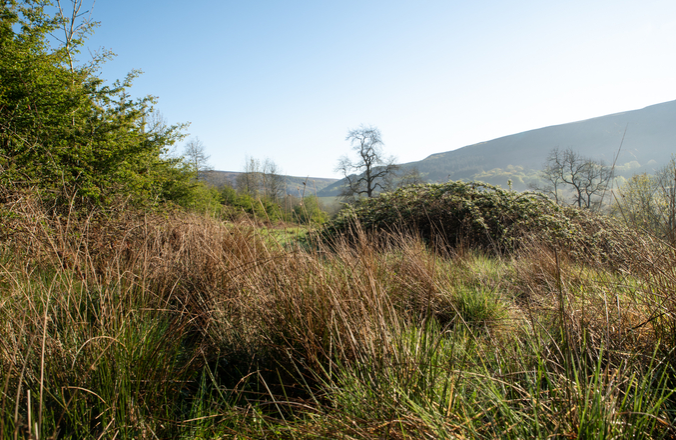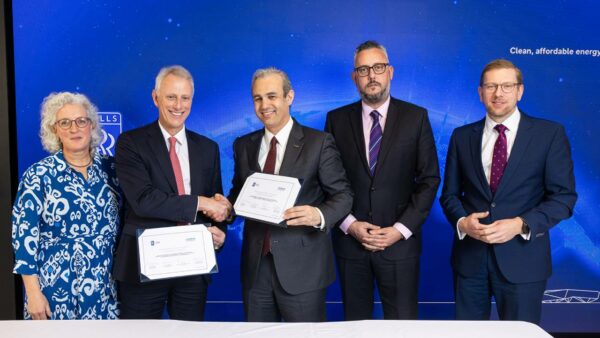Latest News | 22 February 2023
Major funding boost for trust’s climate change project

Derbyshire Wildlife Trust has been awarded £645,000 as part of a trial to research how nature-rich woodlands, grasslands, wetlands and urban habitats take up carbon.
The trust’s Derwent Forest Landscape Recovery Project, part of the Derwent Connections Programme, has been awarded the funding from Natural England for its Derwent Forest Landscape Recovery partnership-led pilot project.
It is one of six pioneering nature projects across England, which have received a share of £4.3 million to trial the most effective ways to capture carbon and mitigate the impacts of climate change.
Covering 500 hectares each, the six projects will restore landscapes across England and assess how carbon is captured and stored across different habitats such as grasslands, forests, wetlands and hedgerows.
Derbyshire Wildlife Trust’s project aims to create connected woody habitats between the Northern and National Forests to allow movement of species in response to climate change.
It will also develop an economically viable programme to support landowners to create and expand dynamic and resilient ecosystems.

Matt Buckler, director of natural solutions at Derbyshire Wildlife Trust, said: “We are delighted to have been awarded Natural England’s Nature-based Solutions for Climate Change grant to move our Derwent Forest Landscape Recovery Project forward.
“At Derbyshire Wildlife Trust, we are committed to addressing the UK’s climate and ecological emergencies and believe that joining together rewilding and natural capital offers the best mechanism to provide nature-based solutions (such as flood and drought risk reduction), reduce greenhouse gas emissions and promote carbon sequestration.
“Creating or restoring semi-natural habitats and providing the most dynamic and resilient ecosystems possible will be critical as climate impacts increase on our fragmented landscapes.”
Tony Juniper, chair of Natural England, said: “Many of the solutions to climate change are all around us in the natural world.
“From trees, hedges and grasslands that absorb carbon from the air to the peat-rich soils that hold it in the ground, there are huge opportunities to catch carbon while achieving other benefits at the same time, including increasing our ability to adapt to climate change impacts.
“The simple fact is that when it comes to our net zero ambitions, nature is our biggest ally and the more we can do to restore it the better.”


